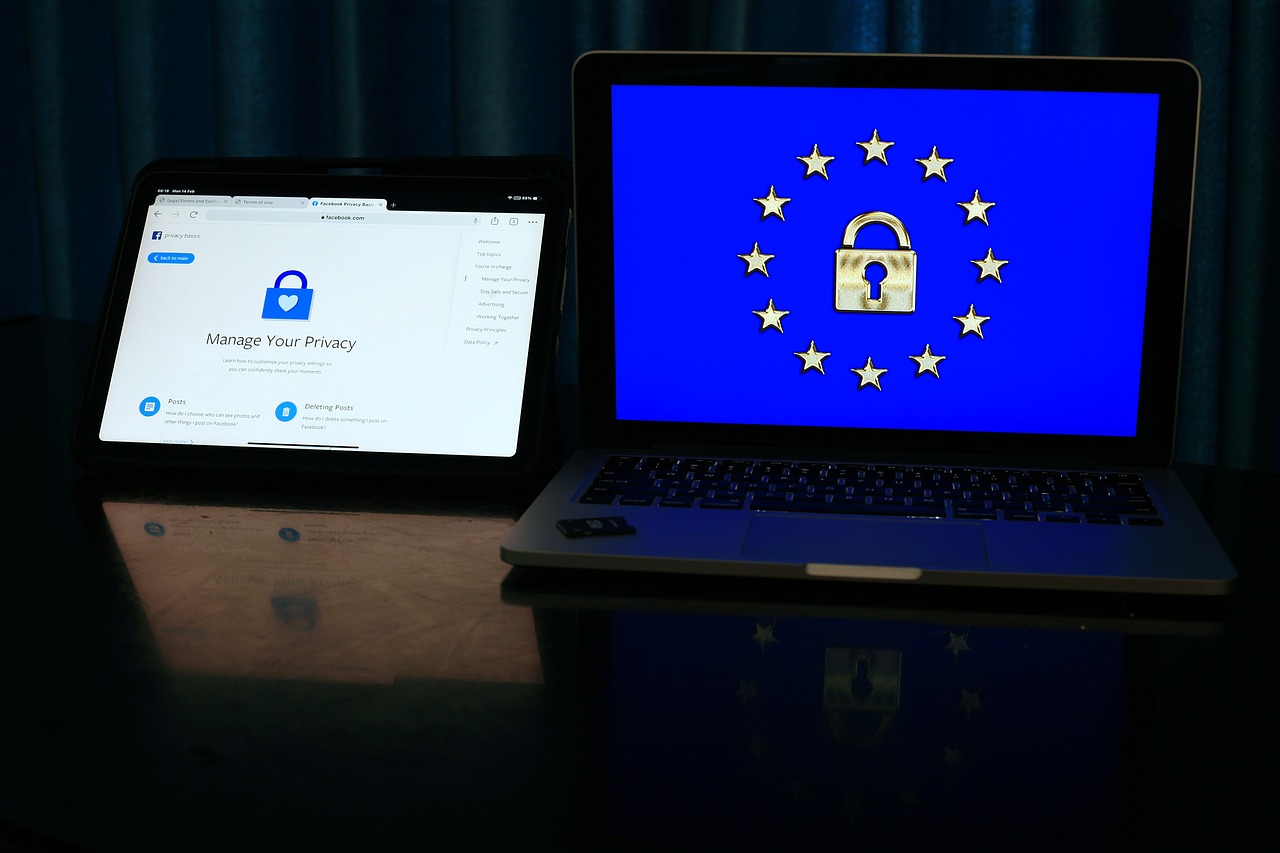This post will show you the differences between CCPA and GDPR compliance.
CCPA and GDPR protect users’ rights, but how are they different? That’s what we’ll be exploring in this blog.
Read on to learn more about CCPA compliance and GDPR compliance, along with the critical differences between the two.
Table of Contents
What Is CCPA Compliance?
The California Consumer Privacy Act is a state-wide data privacy law implemented in 2020. The law regulates how organizations worldwide can handle the personal information and data of residents of California.
The California Privacy Rights Act (CPRA) came into effect at the start of 2023, extending and amending the CCPA. Ultimately, the CCPA gives users more control over their data. Because of this, many regulations impact how businesses collect and distribute private information (PI) collected by websites.
Users can contact the organization and request information about their data storage and usage, and the organization must comply with specific requests. The CCPA requires that companies comply with user requests involving:
- Data being collected and stored
- The reason that user data is being collected or sold
- Third parties that access user data
- The categories in which data is collected (for example, medical/ financial, etc.)
Users can request that their data be deleted – and they may also request to cease the sale of their data. They may also ask that they are not discriminated against for asking for information/ control regarding their data.
READ ALSO: Should You Go For A 5-star Processing Business MasterCard?
What Is GDPR Compliance?
The General Data Protection Regulation (GDPR) is a European data protection law. GDPR gives individuals more control over their data collection, storage, and use. This means companies are required to consider their data privacy procedures.
GDPR replaces the Data Protection Directive (1995). It was drafted in 2016 and was required due to the increase in smartphones, tablets, and other devices. Ultimately, it changed the way that data is collected.
Despite it being a European regulation, it still impacts companies operating in the US. For example, if people in European countries visit their site or they have customers in the EU.
If an organization breaches GDPR, it can be fined between $10 million and $20 million, or up to 4% of its annual revenue. As well as receiving a hefty fine, the company’s reputation could also take a hit.
CCPA and GDPR: The Key Differences
Now you understand GDPR and CCPA, let’s explore the core differences between the two.
The Law
One of the critical differences between CCPA and GDPR compliance is the law on each. Although both statutes aim to protect individuals’ data, GDPR has more detailed requirements for non-compliance. Likewise, a breach of GDPR compliance can have stricter penalties than a breach of CCPA compliance.
CCPA compliance is statutory law. Any violation of the CCPA can lead to a civil lawsuit in the state of California.
Transparency
The GDPR states that organizations must inform users how long their data will be stored. Likewise, users must be made aware that they have the right to withdraw consent at any time, along with instances where they share their data with other organizations.
With the CCPA, however, there is a 12-month look-back period. During this period, organizations must inform users of any time their information was collected and processed after 12 months. Third parties must also notify users when their data has been sold to another party.
Penalties
The penalties for breaching CCPA differ from the penalties for breaching GDPR compliance. Compared to CCPA fines, GDDPR fines are considerably higher.
Businesses found non-compliant with GDPR can be hit with a fine of up to $20 million or 4% of their annual turnover, depending on which is higher.
CCPA fines, however, are on the lighter side. The maximum fine for non-compliance can be £7,500 for intentional violations. For unintentional breaches, however, the fine is $2,500. There may be additional fines, such as damages in civil court – between $100 and $750.
Differences Between CCPA and GDPR Compliance
| Feature | CCPA | GDPR |
|---|---|---|
| Location Applicability | Applies to businesses serving California residents, regardless of business location | This applies to businesses processing the personal data of EU residents, regardless of business location. |
| Data Scope | Covers “personal information,” which includes broader data than G DPR’s “personal data” (e.g., household data) | Covers “personal data,” excluding data used for personal or household activities |
| Legal Basis for Processing | There is no explicit requirement for a legal basis, but it focuses on transparency and individual rights. | Requires legal basis for processing, such as consent, contract, or legitimate interest |
| Right to Access | Consumers have the right to access and download their personal information | Individuals have the right to access, rectify, erase, and restrict the processing of their data |
| Right to Erasure | Consumers have the right to request the deletion of their personal information. | Individuals have the right to the erasure of their data under certain conditions. |
| Right to Opt-Out of Sale | Consumers have the right to opt out of selling their personal information. | Individuals have the right to object to processing for direct marketing purposes. |
| Data Breach Notification | Requires notification to California residents in case of certain data breaches | Requires notification to supervisory authorities and potentially individuals in case of data breaches |
| Enforcement | Enforced by California Attorney General | Enforced by EU member state supervisory authorities |
| Fines | Up to $2,500 per violation | Up to 4% of global annual turnover or €20 million, whichever is higher |
READ ALSO: How An Immigration Software Can Make Your Law Firm More Efficient
Conclusion
In conclusion, CCPA and GDPR are important data privacy laws that protect users’ rights. However, the two laws have some critical differences, including the scope of application, transparency requirements, and penalties for non-compliance.
Businesses that collect, use, or share the personal data of individuals in the European Union or California should be aware of the requirements of both CCPA and GDPR.
By understanding the differences between these two laws, businesses can ensure that they comply with both and protect their users’ privacy.
INTERESTING POSTS
- How IT Professionals Can Monitor Remote Employees’ PCs Without Violating Privacy Laws
- 7 Best Cyber Security Colleges
- HIPAA Compliance Checklist To Ensure Data Security And Privacy
- Swissbit launches miniaturized PCIe M.2 BGA SSD
- Free VPN vs Premium VPN – Which one should I go for?
- What Is The Best Country For VPN Anonymity?
- Breachers Gonna Breach: Protect Your Organization From Internal Threats
About the Author:
Daniel Segun is the Founder and CEO of SecureBlitz Cybersecurity Media, with a background in Computer Science and Digital Marketing. When not writing, he's probably busy designing graphics or developing websites.









